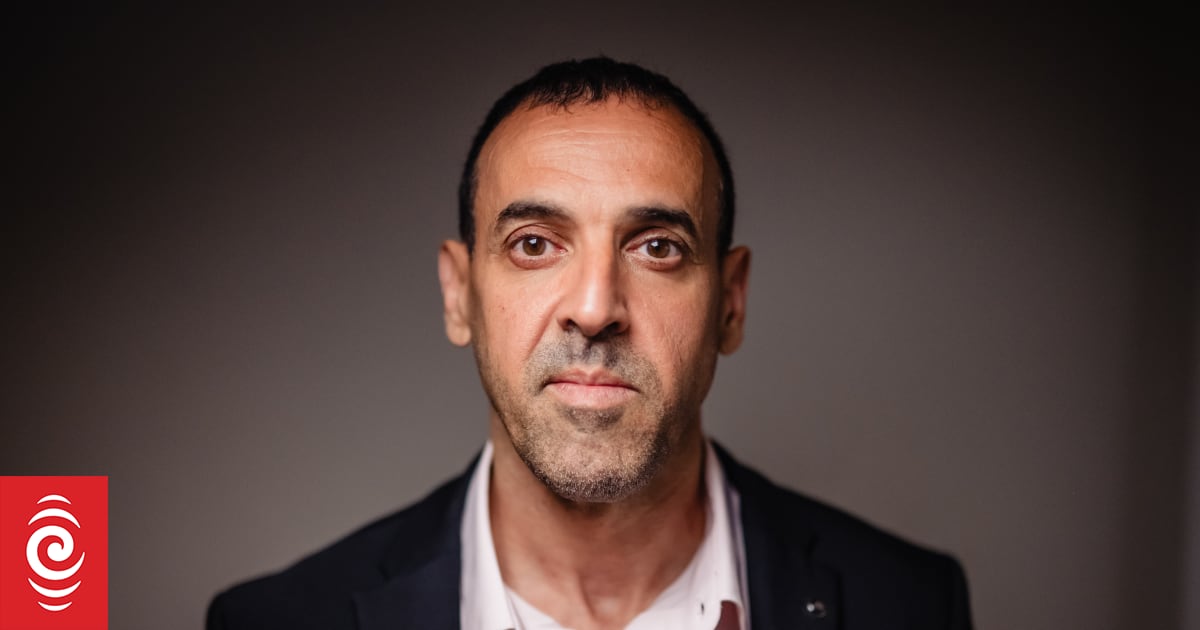World
Eli Sharabi’s 491-Day Ordeal: A Journey of Survival and Loss

On October 7, 2023, Eli Sharabi was kidnapped by Hamas while at home with his family in a kibbutz in southern Israel. He spent the next 491 days as a hostage, enduring unimaginable hardships while his family faced a tragic fate. Eli’s harrowing experience is a testament to resilience and the profound impact of loss.
The attack began suddenly, forcing Eli and his wife, Lianne, to make a difficult decision to protect their two teenage daughters, Noiya and Yahel. As they realized the impending danger, Eli stated, “We are not going to fight with them. We wanted to protect our daughters. And we presume that the British passport will protect Lianne, Noiya and Yahel.” This choice, intended to shield his family, tragically did not prevent their horrific fate. Shortly after Eli was taken from their home, he learned that his family had been murdered.
For 14 months, Eli faced captivity mostly in tunnels beneath Gaza, where his focus became a mission to survive. Initially held by a Palestinian family connected to Hamas, he navigated a delicate relationship with his captors. “I need to respect them. I need to say thank you for everything they bring me,” he recounted, even when faced with humiliation and occasional violence.
After 52 days, Eli was moved to the underground tunnels, an experience he described as a descent into a “perfect grave.” “They led us to a mosque and to a side room in the mosque. And then they opened this door at the ground. And they asked us to climb down,” Eli explained, recalling the moment he was faced with the choice of life or death. “I remember my promise to my daughters that I will come back to them and chose life again.”
The conditions in captivity were dire. Eli described daily humiliation, intentional starvation, and abhorrent hygiene. “Every six weeks, we got a shower with half a bucket of cold water, no soap, no toothpaste,” he said. The limited information he received from his captors provided faint glimmers of hope, leading him to believe he would soon be released. Instead, he was moved to another tunnel, infested with pests and lacking basic comforts.
Eli’s eventual release brought with it devastating news. He had already learned about the murder of his older brother in captivity, but upon being transferred to the Israel Defense Forces, he faced the heartbreaking reality of his family’s fate. “And of course, then I knew that the worst scenario happened to me and that they didn’t survive on October 7. It was a very devastating moment for me,” he recounted.
Despite the trauma of his ordeal, Eli Sharabi has chosen to embrace life. “Every morning I choose life again,” he asserted. He reflects on what truly matters, realizing that material possessions pale in comparison to family and love. “You miss your family. You miss your friends. You just want a few more minutes with them,” he said, emphasizing the profound impact of his experience.
Eli Sharabi is now the first released Israeli hostage to author a book detailing his journey. Titled *Hostage*, the book is published by Allen & Unwin and aims to shed light on his experiences and the broader implications of hostage situations. Through his story, Eli not only honors the memory of his family but also highlights the resilience of the human spirit in the face of overwhelming adversity.
-

 World3 months ago
World3 months agoTest Your Knowledge: Take the Herald’s Afternoon Quiz Today
-

 Sports4 months ago
Sports4 months agoPM Faces Backlash from Fans During Netball Trophy Ceremony
-

 Lifestyle4 months ago
Lifestyle4 months agoDunedin Designers Win Top Award at Hokonui Fashion Event
-

 Sports4 months ago
Sports4 months agoLiam Lawson Launches New Era for Racing Bulls with Strong Start
-

 Lifestyle4 months ago
Lifestyle4 months agoDisney Fan Reveals Dress Code Tips for Park Visitors
-

 World4 months ago
World4 months agoCoalition Forms to Preserve Māori Wards in Hawke’s Bay
-

 Health4 months ago
Health4 months agoWalking Faster Offers Major Health Benefits for Older Adults
-

 Politics4 months ago
Politics4 months agoScots Rally with Humor and Music to Protest Trump’s Visit
-

 Entertainment4 months ago
Entertainment4 months agoExperience the Excitement of ‘Chief of War’ in Oʻahu
-

 Top Stories4 months ago
Top Stories4 months agoUK and India Finalize Trade Deal to Boost Economic Ties
-

 World4 months ago
World4 months agoHuntly Begins Water Pipe Flushing to Resolve Brown Water Issue
-

 Science4 months ago
Science4 months agoNew Interactive Map Reveals Wairarapa Valley’s Geological Secrets









